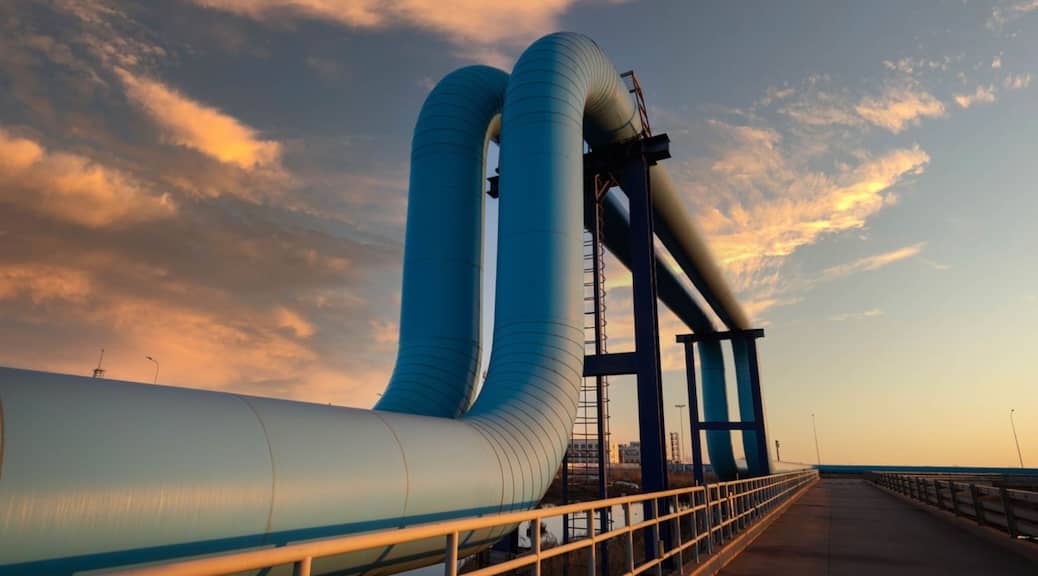On March 21, Environment and Climate Change Canada issued a press release stating that in 2023 Canada’s greenhouse gas emissions dropped to their lowest level in 27 years (excluding the pandemic years). The exception in this otherwise positive picture was the oil and gas sector, where emissions continue to rise. However there is good news within that sector as well, ‘fugitive greenhouse gas emissions from oil and natural gas have decreased by 33% between 2013–2023, driven in part by Canada’s 2020 oil and gas methane regulations, which have reduced methane venting and leaks.’
“The two main messages from the National Inventory report last week, which I feel are really important, is that climate policy works. Over the last 10 years, Canada’s greenhouse gas emissions have gone down. Our methane emissions have gone down. Our electricity has become less emissions intensive, and all of that has happened while our economy has grown. This is a significant point to make. And this is something that environmental groups, activists, researchers, community leaders, all of them have been saying for decades,” responded Aly Hyder Ali, from Environmental Defence.
“The other aspect of the report was that the oil and gas industry is holding us back. The oil and gas industry has failed to do its part when it comes to emissions reductions and if it was able to or willing to do that, Canadians would be in a much better place.”
Continue reading Are Oil and Gas emissions holding Canada back from reaching its climate goals? →








